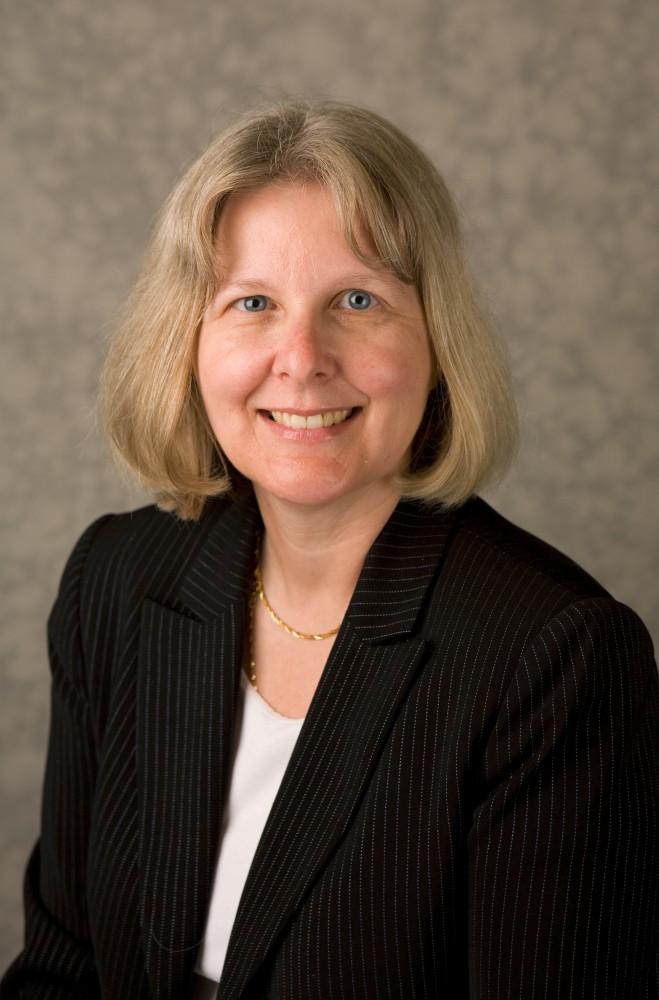Wounded Warrior project seeks to help local veterans

Courtesy Photo / Jean Nagelkerk Jean Nagelkerk, Vice Provost of Health, is the principal investigator for the Wounded Warriors Project.
Apr 7, 2011
To help wounded veterans, Grand Valley State University has partnered with Mary Free Bed Rehabilitation Hospital to help provide veterans with specialized care.
Jeff Trytko, project manager for the Wounded Warrior Traumatic Brain Injury Project, said the project was made possible by a grant from the Department of Defense and it allows Wounded Warrior to offer free health care for veterans returning from Iraq or Afghanistan with head trauma or symptoms of head trauma. The grant totals $1.28 million.
“The great part about this is it’s close to their home if they live in this area,” said Jean Nagelkerk, the principle investigator for the project and vice provost for Health at GVSU. “They can come right to Grand Rapids and do the outpatient care at Mary Free Bed, and it’s totally free. The care that they get here is free so that there shouldn’t be any financial barriers for them to access the care that they need.”
The project will offer veterans complimentary services such as physical therapy, occupational therapy, speech therapy, group counseling, family counseling, driver’s rehabilitation and job coaching, among others.
“The ultimate goal is for the wounded soldiers to reintegrate into their community, whether that’s at home, work or even the military,” Trytko said.
Soldiers that want to go back on active duty will not be able to do so through the project. They will have to be checked out by authorized military medical providers.
To be considered for the project, the veteran must have a history of traumatic brain injury or other injuries to the head.
GVSU’s role in the project is to provide educational modules for the health care providers at Mary Free bed, which Trytko said were a collaborative effort spanning many different areas.
“We collaborated with a number of experts – both military and local regional experts – on the military significance of trauma brain injury and other significant trauma resulting from combat,” he said. “And so they created comprehensive educational materials that include three main topic areas. One is physiological symptomology, or symptoms of TBI regarding the military service and combat wounds. The other is behavioral mental health. The third module is based on a community of integration as a case management perspective, which is focused on getting the soldiers the community resources they need in the community.”
The project will involve three phases. The first will include 17 patients who will be treated with standard treatment at Mary Free Bed and given pre- and post-evaluations of the progress that they are making. The second phase is the educational phase. Professors and experts will go over each of the modules for a six-week period. The third phase involves enrolling 17 more patients for treatment by health care providers that have the enhanced training provided by the project.
“It’s important because we need to get the word out so eligible wounded warriors or individuals returning from Iraq or Afghanistan know about this project so that they can come and get the free outpatient rehabilitation care,” Nagelkerk said.
For more information about the Wounded Warrior Project, call 888-736-0208 or visit www.maryfreebed.com/woundedwarriors.





















